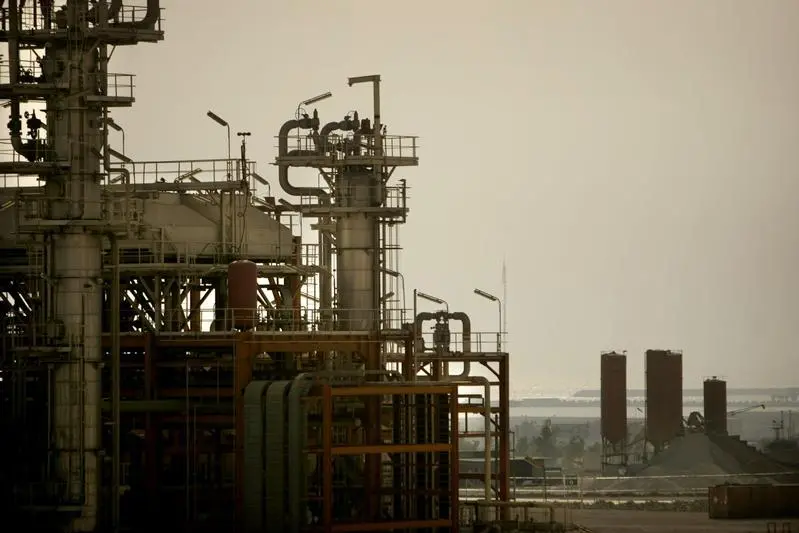PHOTO
Monday, Aug 15, 2016
Abu Dhabi: The rivalry between Saudi Arabia and Iran to control market share may hinder any plans among oil producers to reach a deal on cutting or freezing production at next month’s meeting in Algiers, analysts said.
An informal meeting of Opec (Organisation of the Petroleum Exporting Countries) member countries is scheduled to take place on the sidelines of the International Energy Forum in Algeria from September 26 to 28, Mohammad Bin Saleh Al Sada, Qatar’s Minister of Energy and Industry and current Opec President said in a statement last week.
Iran is trying to increase its oil production after international sanctions were removed on the Islamic republic earlier this year and is trying to regain its lost market share.
According to Opec report issued last week, Iran has been producing about 3.6 million barrels of oil per day in July still short of its original production before sanctions were imposed on the country in 2007, which was 4 million barrels.
“The Saudi-Iran relationship has not improved. The condition for Iran to consider any agreement to reach pre-embargo production levels has not been met yet. Iran is now pumping 3.6 million barrels of oil per day, still short of the 4 million barrels of oil per day in 2007,” said Francisco Quintana, head of strategy at Foresight Advisors.
Opec and non-Opec members met in Doha in April this year to freeze production at January levels. The meeting ended without any deal as Saudi Arabia insisted on Iran joining the freeze agreement.
“Even if a freeze agreement was reached, it would take place at very high production levels. Opec has just reached an all-time high production of over 33 million barrels of oil per day. Therefore, its impact on markets would be limited,” he added.
Saudi Arabia, the world’s largest exporter of crude oil produced 10.673 million barrels per day of oil in July, up from 10.55 million barrels in June, the data from Opec report shows. Other countries like the UAE are also producing at record levels adding to the glut in the market.
Edward Bell, commodity analyst at Emirates NBD said a deal between oil producers looks unlikely at next month’s meet in Algeria despite positive statements from energy ministers of Russia and Saudi Arabia.
In an interview to Saudi Press Agency, Energy minister Khalid Al Falih said they are watching the market closely, and if there is a need to take any action to help the market rebalance, they would do in cooperation with Opec and major non-Opec exporters.
“That’s not any different than what Saudi Arabia has been saying ever since oil prices started to fall. They’ve been clear from the beginning they would do it in cooperation with other oil producers and not do it unilaterally,” said Bell.
He said Iran has just announced its plans to award new oil contracts and will not try to limits its production in the next six to twelve months.
Russia, the world’s top oil producer, is consulting with Saudi Arabia and other producers to achieve oil market stability, Energy Minister Alexander Novak said, adding that the door is still open for more discussions on freezing output levels if needed, a report by Reuters said.
By Fareed Rahman Senior Reporter
Gulf News 2016. All rights reserved.





















